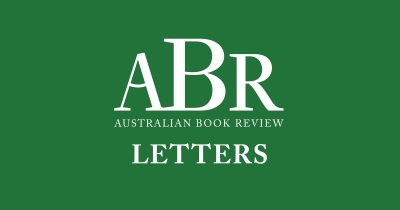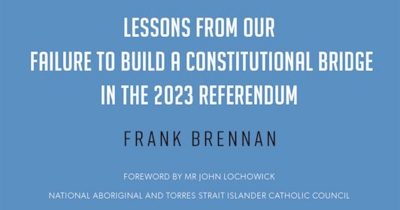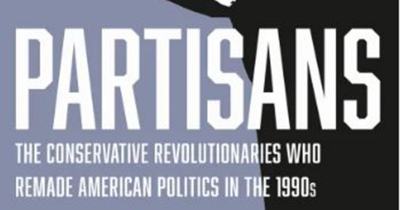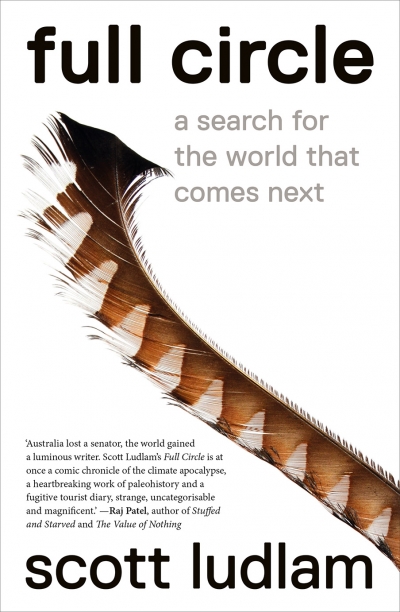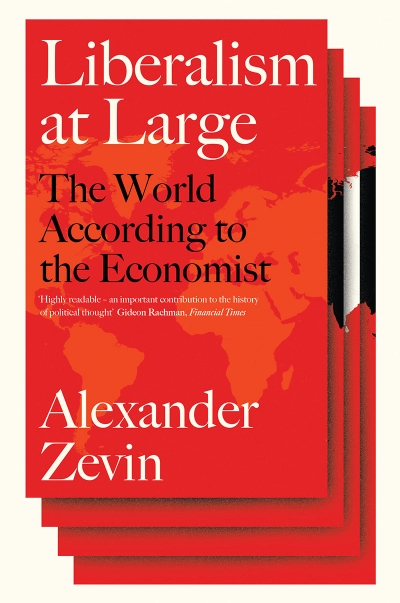Dominic Kelly
Dominic Kelly’s surgery on Frank Brennan’s and Damien Freeman’s analysis of the failed Aboriginal and Torres Voice referendum (ABR, August 2024) reveals how blinkered all three of these worthy commentators remain about bipartisanship. By putting the issue into the populist arena, the Albanese government lost the chance of the century. All state Labor governments and the Liberal-held Tasmanian legislature supported the Voice, as did the Territory Assemblies. Section 51, Article 37 of the Australian Constitution allows the federal Parliament, working in tandem with state legislatures, to enlarge federal legislative power without approval by a national referendum. Long before the vote on 14 October 2023, John Menadue’s wonderful Pearls & Irritations published this analysis. Not a single voice challenged that prospect.
... (read more)Lessons from Our Failure to Build a Constitutional Bridge in the 2023 Referendum by Frank Brennan & The End of Settlement by Damien Freeman
Partisans: The conservative revolutionaries who remade American politics in the 1990s by Nicole Hemmer
Full Circle: A search for the world that comes next by Scott Ludlam
Liberalism at Large: The world according to The Economist by Alexander Zevin
Political Troglodytes and Economic Lunatics by Dominic Kelly & Rise of the Right by Greg Barns
The University of Melbourne’s announcement on 30 January 2019 that Melbourne University Publishing would henceforth ‘refocus on being a high-quality scholarly press in support of the University’s mission of excellence in teaching and research’, which led to the resignations of its chief executive, Louise Adler ...
... (read more)
